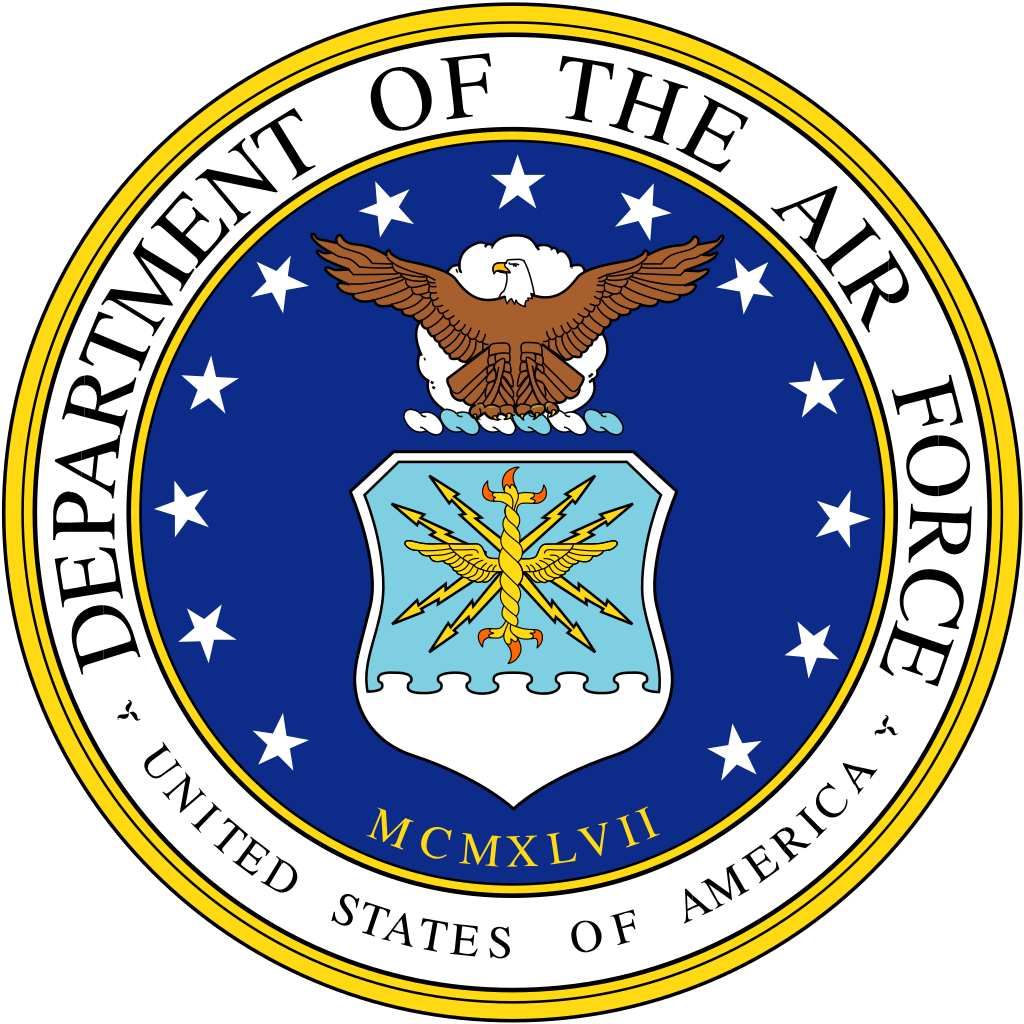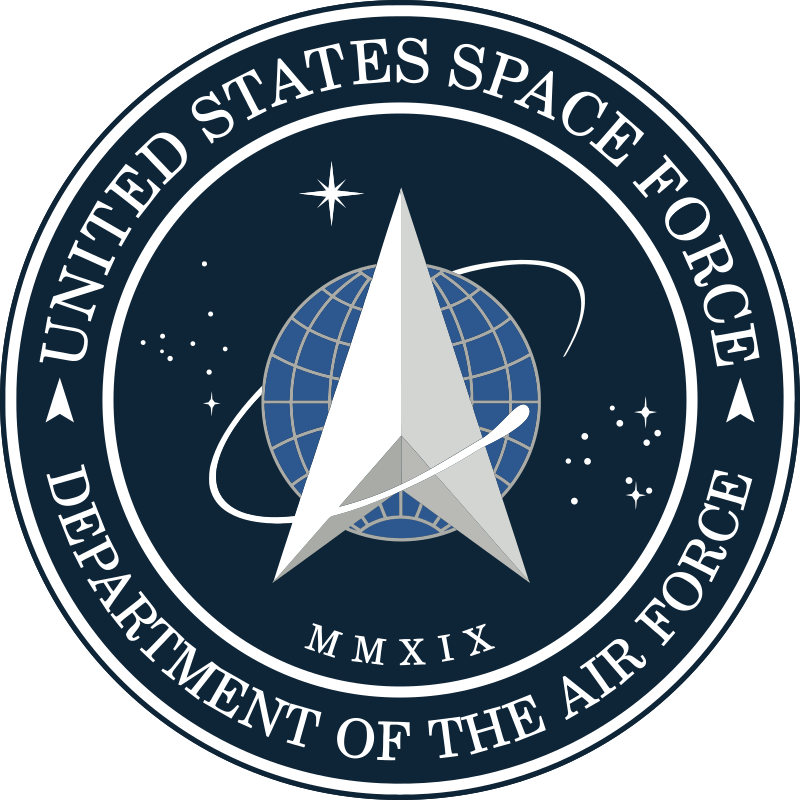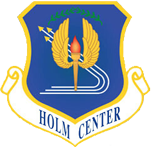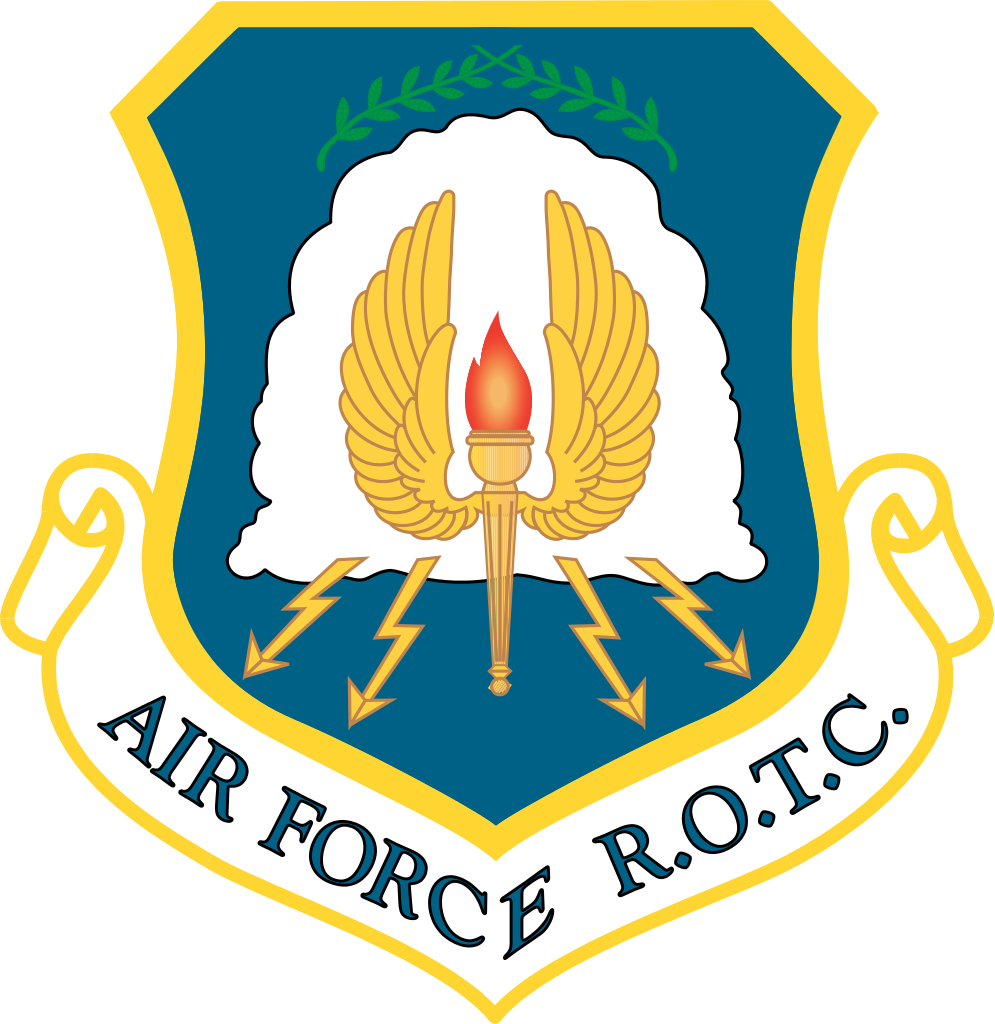Join
Take the First Step
We look forward to helping you pursue your dream of becoming an Air Force or Space Force Officer. To best advise you, please fill out the recruitment form in its entirety and a Detachment 643 representative will be in touch with you.
Frequently Asked Questions
-
If I join Air Force ROTC, does that mean I am joining the military?
No. If you got a four-year scholarship from high school, then the first year of college is paid for, and you can quit at the end of your freshman year with no obligation. If you got a three-year scholarship from high school or college then you are not committed to the Air Force or Space Force until you accept your scholarship (usually in the fall of your sophomore year). If you did not get any scholarship, then you are not committed to joining the Air Force or Space Force until you start your junior year of college.
With Air Force ROTC, we provide you with lots of opportunities to see what the Air Force and Space Force is about before signing up. And while you are waiting, you are getting college out of the way and having a lot of fun.
-
What Is the difference between Junior ROTC in high school and ROTC in college?
The mission of the high school Junior ROTC program is to build better citizens for America. The mission of the college ROTC program is to produce leaders for the Air Force and Space Force.
-
Do I have to join Air Force ROTC as a freshman?
No. Any undergraduate student with three or more years remaining should be eligible. So if you are a second-semester freshman, a sophomore or otherwise and have at least three years remaining in your undergraduate studies, you are likely able to join the ROTC program.
-
Can I enroll if I did not take Air Force ROTC as a freshman?
Yes. You can enroll in Aerospace Studies 101 and Aerospace Studies 201 and be what we call dual enrolled.
-
Can I attend Air Force ROTC without a scholarship?
Yes, you can. Many of our students do not start with a scholarship, but earn one eventually. Still, at any given time, about 80% of our students receive financial assistance.
-
Is preference shown toward scholarship cadets?
Definitely not! The fact that a cadet may have an Air Force ROTC scholarship has no bearing on an Air Force career. Nor does it make any difference while in the Air Force ROTC program.
-
Are there any restrictions as to what students select as their academic major?
None at all. In fact, we encourage you to take a curriculum you are interested in and in which you have the capability to do well. Our main academic concern is that you maintain a Grade Point Average (GPA) above 2.5 and attain your degree in the time period planned. The GPA requirements are different if you are applying for a scholarship and once you are on scholarship.
-
Can I pursue graduate education after I am commissioned?
The Air Force and Space Force are education-oriented and financially support graduate studies. You can apply for the Air Force Institute of Technology to earn an advanced degree on a full scholarship. Additionally, most bases have graduate college programs, and you may apply for the tuition assistance program that pays 100% of the tuition cost.
-
How often can I take the Air Force Officer Qualifying Test (AFOQT)?
The test is given several times during the fall and spring and can be taken a maximum of two times with at least six months between tests.
-
I am prior service – do I have to attend the General Military Course (GMC)?
Maybe. The Professor of Aerospace Studies may waive some or all of the GMC if you are prior enlisted. This is determined by the amount and kind of experience you had when you departed prior service. You may want to attend the sophomore Air Force ROTC classes and/or the preparation sessions for Field Training with the sophomores to see what Field Training with Air Force ROTC is all about. Prior service cadets normally attend the four-week camp.
-
If I take Air Force ROTC classes, am I committed to military or government service once I join?
There is no service commitment for students who take our classes with no intention of becoming an Air Force or Space Force officer. For these types of students, it is only another class. If you are interested in becoming an officer, there is no service commitment during the first two years of the Air Force ROTC program (the General Military Course) unless you have an Air Force ROTC scholarship. If you decide to stay and join the Professional Officer Course (POC); the last two years of the program), you will sign an allocation contract with the Air Force or Space Force and then incur a service obligation. For Air Force ROTC scholarship students, you are obligated once you have activated the scholarship and have entered your sophomore year.
-
What are the other Air Force Commissioning opportunities?
Other commissioning opportunities exist through the United States Air Force Academy.
Commissioning opportunities for college graduates also exist through Officer Training School, an intense 12-week program at Maxwell Air Force Base.
Commissioned Officer Training is a four-week program designed for professionals who have received a direct commissioned appointment as a lawyer, chaplain or into a corps of the medical service.
Reserve Commissioned Officer Training is a 13-day intensive program designed for hard-to-recruit Air Force Reserve and Air National Guard medical service officers.
-
Are there special programs for active-duty airmen?
Yes. There are several programs available. Some involve scholarship opportunities while others are at your own expense. Remember, the first step in any Airman-to-officer program is a stop at your base Education Office. Each of these programs has deadlines and age limitations, so check early.
-
Do I receive any ROTC credit for Junior ROTC?
Yes, you do. Three years of Junior ROTC (JROTC) are considered equal to three semesters of the General Military Course (GMC), and two years are equal to one year of the GMC. No credit is given for less than two years of JROTC training.
-
If I encounter academic or personal problems, where can I turn for help?
First, try your Air Force ROTC detachment instructor. While the instructor may not have a psychology degree, he or she does have experience in counseling and can direct you to the proper resources. Air Force ROTC instructors try to develop a strong professional rapport with each cadet. Each university also offers various resource offices for their students and many services are free as part of your student fees.
-
Is the four-year program more advantageous for students?
Yes, for the following reasons:
- It gives you more time to participate in Air Force ROTC without obligation, to gain experience and to decide whether you want to apply for the advanced program, the POC.
- You will have the opportunity to apply for scholarships if eligible.
- You can retake the Air Force Officer Qualification (AFOQT) test to improve your scores.






